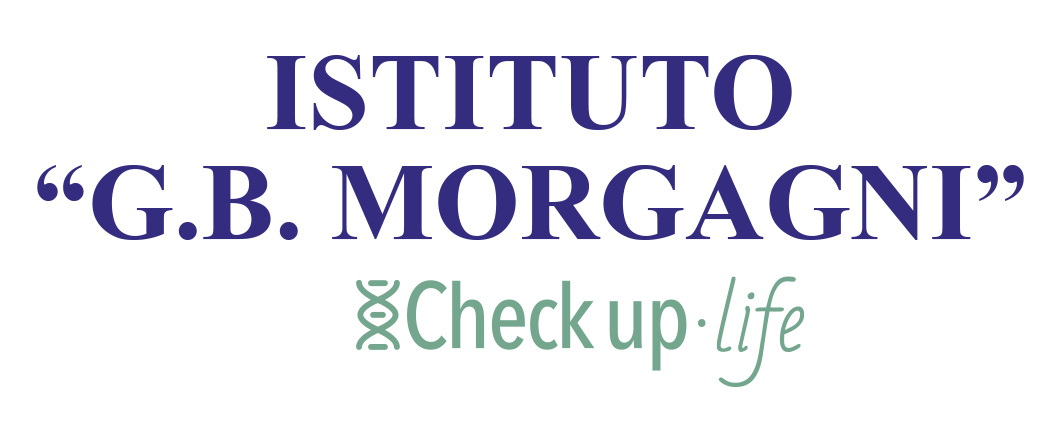Trust forms the bedrock of any healthy relationship, whether or not it’s between partners, friends, or colleagues. It serves because the cornerstone upon which bonds are built, fostering intimacy, security, and cooperation. Yet, trust is not something that magically appears overnight; it’s cultivated through intentional actions and behaviors. Understanding the essential elements that underpin trust is essential for nurturing and sustaining significant connections. Right here, we delve into the key foundations for building trust in relationships.
Communication: Open, Honest, and Transparent
Efficient communication lies on the heart of trust-building. It includes not only expressing oneself but in addition actively listening to and understanding others. Openness and honesty create an environment the place individuals feel safe to share their ideas, feelings, and issues without fear of judgment or repercussion. Transparency additional reinforces trust by eliminating doubts and suspicions, fostering clarity and mutual understanding. Common and significant communication serves as a bridge, bridging the hole between individuals and solidifying their connection.
Consistency: Aligning Words with Actions
Consistency is a fundamental element in building trust. It entails aligning one’s words with actions, demonstrating reliability, and predictability. When promises are constantly kept and commitments honored, trust deepens organically. Conversely, inconsistency breeds doubt and erodes trust. Constant conduct builds a way of security and dependability, reinforcing the assumption that one can rely on the opposite person even in challenging times. By upholding consistency, individuals lay a sturdy foundation for trust to flourish.
Vulnerability: Sharing Authenticity and Empathy
Vulnerability is often seen as a weakness, but in reality, it is a strength that fosters intimacy and trust. When individuals share their authentic selves, including their fears, insecurities, and imperfections, they invite others to do the same. This mutual exchange cultivates empathy and understanding, deepening the connection between them. Embracing vulnerability requires courage, but the rewards are profound—a deeper sense of connection and trust forged via shared experiences and emotions.
Respect: Honoring Boundaries and Differences
Respect forms the cornerstone of healthy relationships, underpinning trust and mutual regard. It involves honoring each other’s boundaries, opinions, and autonomy, even in moments of disagreement. Respecting differences fosters acceptance and understanding, enriching the relationship with various views and experiences. When individuals really feel respected, they’re more likely to trust each other and really feel valued within the relationship. Respect creates a tradition of appreciation and reciprocity, nurturing trust and harmony.
Empathy: Understanding and Validation
Empathy is the ability to understand and share one other individual’s emotions, perspectives, and experiences. It plays a pivotal role in building trust by fostering connection and validation. When individuals feel seen and understood, they’re more likely to trust the intentions and motivations of others. Empathetic listening, validation, and emotional help create a nurturing environment where trust can thrive. By empathizing with one another’s joys and struggles, individuals deepen their bond and domesticate trust over time.
Integrity: Upholding Moral and Ethical Ideas
Integrity is the bedrock of trust, encompassing honesty, fairness, and moral principles. It involves acting with sincerity and upholding ethical standards even when faced with temptation or adversity. Integrity builds credibility and reliability, earning the trust and respect of others. When individuals demonstrate integrity in their words and actions, they inspire confidence and admiration, strengthening the foundation of trust within the relationship. Upholding moral and ethical principles fosters a culture of trust and integrity, enriching the connection between individuals.
In conclusion, building trust in a relationship requires intentional effort and commitment. By cultivating open communication, consistency, vulnerability, respect, empathy, and integrity, individuals can lay the foundation for a healthy and thriving relationship. Trust serves as the cornerstone upon which meaningful connections are built, fostering intimacy, security, and cooperation. By prioritizing these key foundations, individuals can nurture trust and strengthen their relationships over time.
In case you have virtually any questions about exactly where and tips on how to work with Sex-Podcast, it is possible to contact us at our own website.
